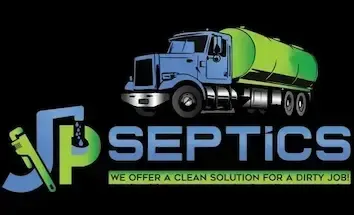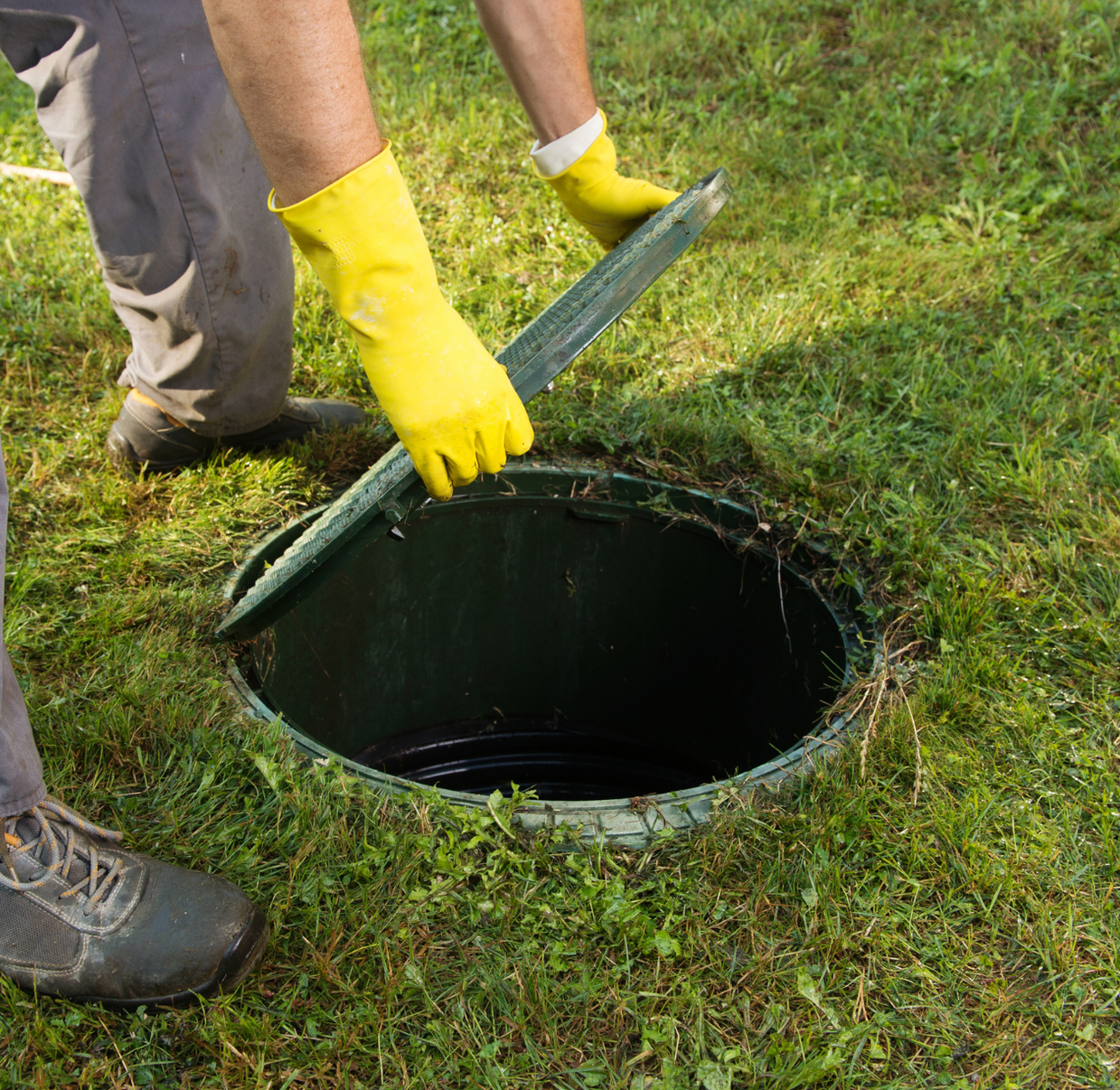Septic Tank Inspection in Rock Hill, SC
Fill Out A Form

Benefits of Our Septic Tank Inspection
- Financial Protection: Uncover potentially hidden and expensive defects before buying a property, protecting you from inheriting a costly septic failure.
- Informed Negotiations: A detailed, professional report provides the leverage needed to negotiate repairs or purchase price during a real estate transaction.
- Prevent Costly Emergencies: Identify minor issues before they escalate into major problems like sewage backups or drain field failure, saving you money and stress.
- Health and Safety Assurance: Verify that your system is operating safely and not leaking harmful contaminants into your yard or local groundwater.
- Accurate Problem Solving: Pinpoint the exact cause of symptoms like slow drains or foul odors, ensuring you only pay for the necessary repairs.
Make informed decisions and protect your investment with a thorough, professional septic tank inspection from JP Septics.
Licensed Septic Tank Inspection in Rock Hill, SC
Whether you are buying a new home or ensuring your current system is in top condition, a professional septic tank inspection is essential for peace of mind. An uninspected system can hide costly and hazardous problems. For homeowners in Rock Hill, SC, JP Septics offers a trustworthy and detailed inspection service. As a licensed, insured, and locally owned business with over 500 satisfied customer reviews, we provide the expertise you need to understand the true condition of your septic system.
5 Key Reasons to Schedule a Septic Inspection
A septic inspection isn't just for troubleshooting; it's a critical part of responsible property ownership. Here are the most common reasons you might need one:
- Real Estate Transactions: A thorough inspection is crucial before buying or selling a property to uncover any hidden issues and avoid future liabilities.
- Preventative Maintenance: Regular inspections (every 1-3 years) can catch minor problems before they turn into major, expensive repairs.
- Experiencing System Issues: If you notice slow drains, foul odors, or soggy spots in your yard, an inspection is the first step to diagnosing the problem.
- Meeting County or Lender Requirements: Some jurisdictions or mortgage lenders require a septic system to pass an inspection before a property sale can be finalized.
- Peace of Mind: Knowing that your septic system is functioning correctly ensures the health and safety of your family and property.
Our Transparent Inspection Process
At JP Septics, we conduct comprehensive visual and functional inspections to give you a complete picture of your system's health. Our process is designed to be clear and thorough.
- Locate and Access the System: We begin by locating the septic tank, lines, and drain field on your property. We will then carefully uncover the tank lids to gain access.
- Evaluate Sludge and Scum Levels: We measure the layers of sludge and scum inside the tank to determine if it requires pumping for a proper inspection and routine maintenance.
- Full Tank and Component Check: Once pumped (if necessary), we inspect the tank's interior for cracks, leaks, or damage. We also check the condition of the inlet and outlet baffles, which are critical for proper system function.
- Drain Field Assessment: We walk the drain field area to look for signs of failure, such as standing water, overly lush vegetation, or sewage odors, which could indicate a problem with wastewater absorption.
- Provide a Detailed Report: Upon completion, we provide you with a comprehensive report detailing our findings, the overall condition of the system, and any recommendations for necessary maintenance or repairs.
Why Choose Us
Choosing the right inspector is vital for an accurate assessment. Here’s why JP Septics is the trusted choice for septic inspections in Rock Hill, SC:
- Fully Licensed and Insured: We are a professionally licensed and insured company, giving you complete confidence and protection.
- Proven Track Record: With over 500 satisfied customer reviews, our reputation for quality and reliability speaks for itself.
- Locally Owned and Operated: As your neighbors, we are committed to providing honest, high-quality service to our community.
- Thorough and Unbiased Reports: We provide detailed, easy-to-understand inspection reports so you know exactly what you're dealing with.
Frequently Asked Questions
What does a septic inspection consist of?
A standard septic inspection involves locating the system, checking the tank's sludge levels, inspecting the tank's structural integrity and key components like baffles, and assessing the drain field for signs of failure. The tank is often pumped to allow for a more thorough visual inspection.
How often should you have a septic system inspected?
It is recommended to have your septic system inspected every one to three years. More frequent inspections may be needed for larger households, smaller tanks, or systems with electrical components like pumps.
Is a septic inspection required to sell a house in South Carolina?
While South Carolina state law does not mandate a septic inspection for property transfers, many lenders, and virtually all savvy buyers, will require one to be completed before finalizing a home sale.
Get the Facts Before You Act
Whether you're buying a home or maintaining your current one, a professional inspection is the key to avoiding costly surprises. We provide a clear, unbiased report on the condition of your septic system, empowering you to make smart, confident decisions. Schedule your certified inspection with JP Septics today to protect your investment and gain true peace of mind.
More Frequently Asked Questions About Septic Tank Inspection Services
Find answers to common questions about our septic services in Rock Hill, SC and the surrounding areas.
How long does a typical septic inspection take?
A thorough septic inspection typically takes between two to three hours to complete. This timeframe allows the inspector to locate all components, assess the tank's interior, and properly evaluate the drain field area.
What happens if a septic system fails inspection?
If a septic system fails inspection, the inspector will provide a detailed report outlining the specific problems found. The necessary next steps will be to perform the required repairs or, in cases of severe failure, replace the system.
What are the main signs of a bad septic system?
The most common signs of a failing septic system are foul odors near the tank or drain field, slow drains in the house, gurgling plumbing, sewage backups, and standing water or unusually green grass in the yard over the system.
Does a home inspector check the septic system?
A standard home inspector typically does not perform a full septic system inspection. They may do a limited visual check or run faucets, but a specialized, licensed septic inspector is needed for a comprehensive evaluation.
What is the most common cause of septic system failure?
The most common cause of septic system failure is a clogged drain field that can no longer absorb liquid. This is often caused by neglecting routine tank pumping, which allows solids to flow into and clog the drain field pipes and surrounding soil.


